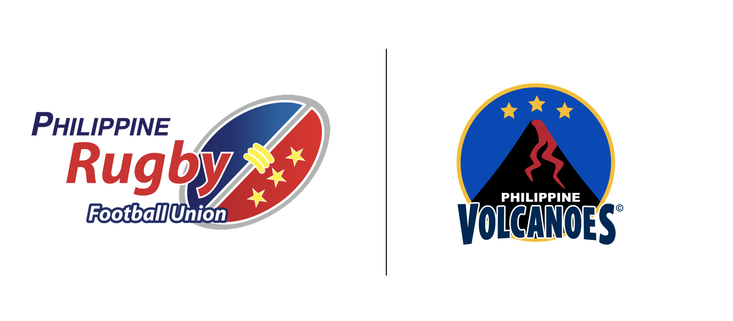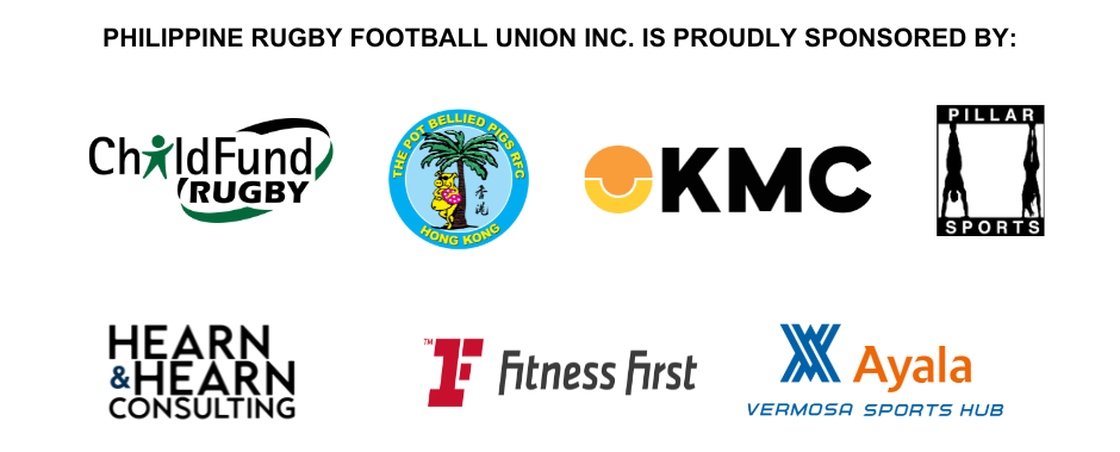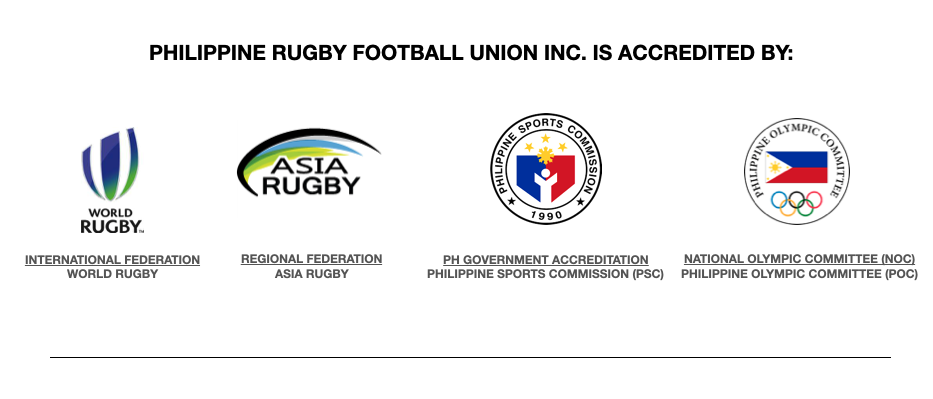|
Recently I was fortunate enough to attend a 4-day conference held in Sydney for Level III rugby coaches. Amongst those in attendance was a mixture of Super 15 and Premiership coaches from all over Australia. The presentations included the following: ∙ Owen Finegan (former Wallaby) on lineouts ∙ Marco Caputo (Brumbies Coach) on scrums ∙ Stephen James and Matt Burke (former Wallabies) on catch-pass skills and kicking skills ∙ Baden Stephenson (Sydney University) on innovative starter plays ∙ Peter Harding (ARU S&C Coach) on the latest trends in strength and conditioning ∙ Peter Jenkins (ARU Marketing and Media Manager) on how to deal with the media ∙ Andrew Sullivan (ARU) on video analysis ∙ Jamie McGregor (ARU) on game management from a referee’s perspective I list them here so that those aspiring to be coaches can gain some insights into the many facets of being a head coach. And the list is only partially complete as we also attended another course last year which included; attack, defence, personality profiling, skill acquisition, periodisation planning, mental toughness and mentoring. The highlight of the entire course was the visit of Australian National Head Coach, Robbie Deans. He shared with us his experiences from the Wallabies’ most recent tour of the UK and he gave us insights to his coaching philosophy. He gladly devoted an entire day to fielding any question we could put forward to him. And here lies the secret to a good coach; he has no secrets. Warren Robilliard, the ARU National Coach Education Manager, told us that previously coaches would never divulge their knowledge and they kept things close to their chest. But what was apparent at this course was everyone’s readiness to share their intellectual property to anyone that was willing to ask, including the national coach. But wouldn’t this give an unfair advantage to your opponents if they knew your plays? Well certainly it would if we were silly enough to give them our exact game plan. However, if we are talking about sharing coaching principles and theories then there are two major advantages. Firstly we increase the general level of knowledge amongst coaches in the community and that is a good thing. Secondly we can be challenged as to why we do things the way we do which in the end will reinforce our own opinions or help us to reshape them for the better. Good coaches don’t learn from manuals, they propose their own theories and the more robust discussions they have with their peers, the better coaches they will be.
I picked up a great idea from Stu Woodhouse, a Premiership coach with Jarred Hodges (Volcanoes Assistant Coach) regarding player attributes. For example the Loosehead Prop (#1) involves: · Scrum equivalence with opposition (shape, height, hit) · Lineout (lifting holds, footwork, maul binds) · Defence (ruck defence, 1 on 1 front on tackle) · Attack (ball carry, decision making at breakdown) We could then build this list up for all 15 positions and come up with a set of non-negotiable criteria for each player to help them improve and to hold them accountable. I encourage all coaches in the Philippines to reach out to the others in the rugby community and to share your knowledge and resources. Players should also do the same. If we keep everything a secret, we will never learn from the experience of having to justify our own position. This year I plan to conduct a number of coach and player education courses in Manila in order to bring everyone up to speed with the latest trends. I’m looking forward to learning from your experiences as well. Comments are closed.
|
Expo Mejia
Expo is the current head coach of the Philippines national rugby union team having been appointed in November, 2009. In his first year he guided the Volcanoes to the Asian Five Nations 2010 Division II title thereby earning promotion to Division I for 2011. Archives
March 2011
Categories |
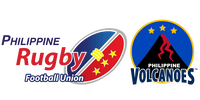
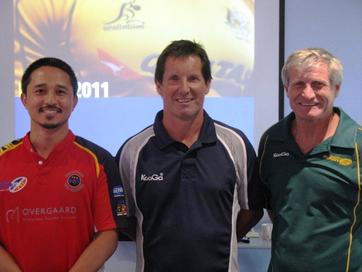
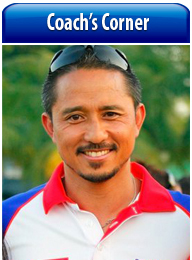
 RSS Feed
RSS Feed
